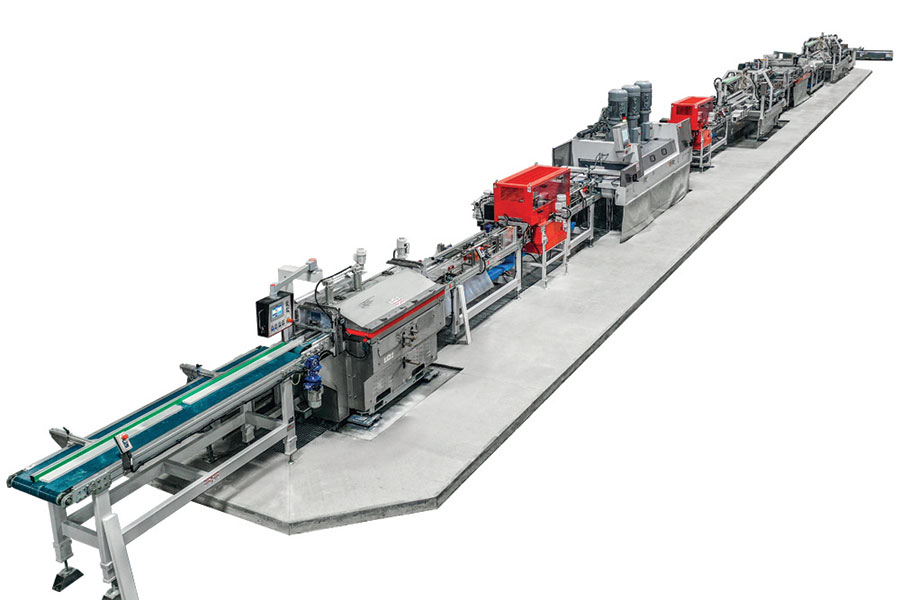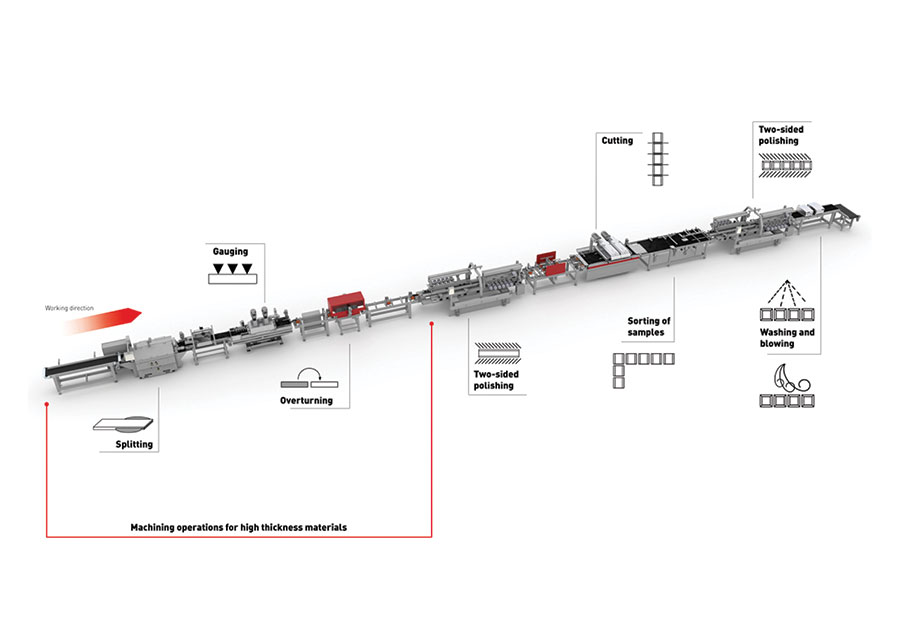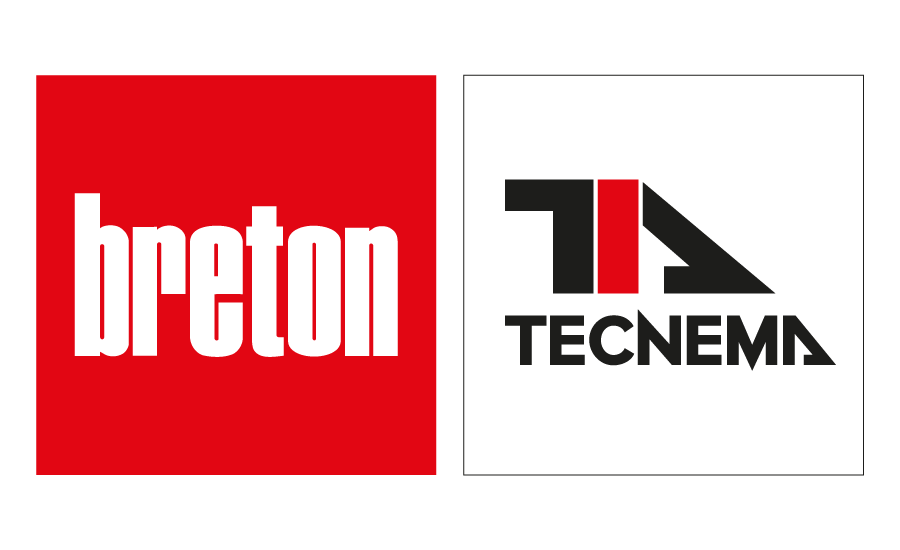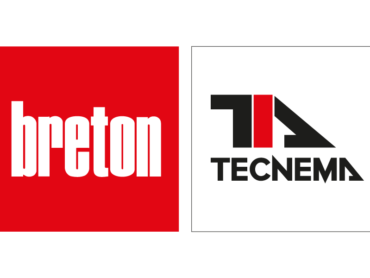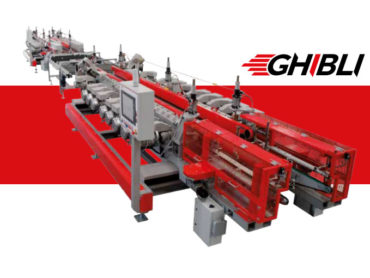In order to promote their own products companies usually have a rich catalogue of ceramic slabs and tiles, which aims to distinguish their aesthetic value and to show their perfect quality and extreme production flexibility, thanks also to the latest digital printing technologies or other innovations.
However the photographic quality of the “paper” catalogues does not give credit to the rich range of products as a result of particular research and development. So it is necessary giving the opportunity to touch them in order to fully appreciate their innovation and quality.
The best solution is, therefore, to distribute an amount of perfect samples to the sales network, in order to show the declared quality about their own products to the end-users. But how could a lot of samples be efficiently produced?
Reducing a second quality tile or slab into hundreds of reduced size, perfect and regular samples for an easy and cheap shipping, is not a simple and economical process: we need to get an industrial perspective that involves significant costs.

Tecnema, an historical company based in Maranello and specialized in the construction of machinery and equipment for the ceramic industry, under next merger and incorporation into the Breton SpA in 2020, has developed an innovative and high-performance integrated and automatic sample production line, also suitable for ceramic materials to solve the whole problem. Several of these lines have already been purchased by many reference companies in their own markets, thus satisfying their promotional needs and saving in terms of materials, labour and logistics.
The lines can be configured according to the required automation degree, the formats and the capacity. The process normally starts from tiles or strips obtained from slabs – for example – chipped from lapped material, on which the desired cut-to-size is carried out in rectangles or squares; then, there is the chamfering of the edges followed by the polishing of the edges.
Looking more closely the process, the slabs are reduced into strips by a cutting machine, equipped with two or three shafts, each one equipped with several disks to speed up the cutting operations. The produced strips get a 90° rotation and, then, a transversal cut, according to the desired size.
The final finishing, considered as chamfering and polishing of the edges, is processed by a special automatic machine. This step can be divided and manually made, or integrated inside the processing line throught a direct automatic feeder.
Finally the main characteristics and performances of this line for the production of samples are:
- achievable formats (surface and thickness): from 60x100x4,5 mm to 130x250x20 mm;
- hourly production: from 40 to 600 pieces per hour;
- necessary personnel: from 2 to 4 operators;
- length of the line: from 28 to 41 m;
- installed power: from 230 to 245 kW.
Installing the sample line, therefore, you get the perfect “business cards” of your products and you are able to save your money about:
- the material, because you can re-use slabs or tiles instead of processing waste and storing it in your warehouse;
- the workforce, because the line is highly automated and requires a maximum of 4 operators;
- the logistics, because all the process takes place directly in the same production site.
